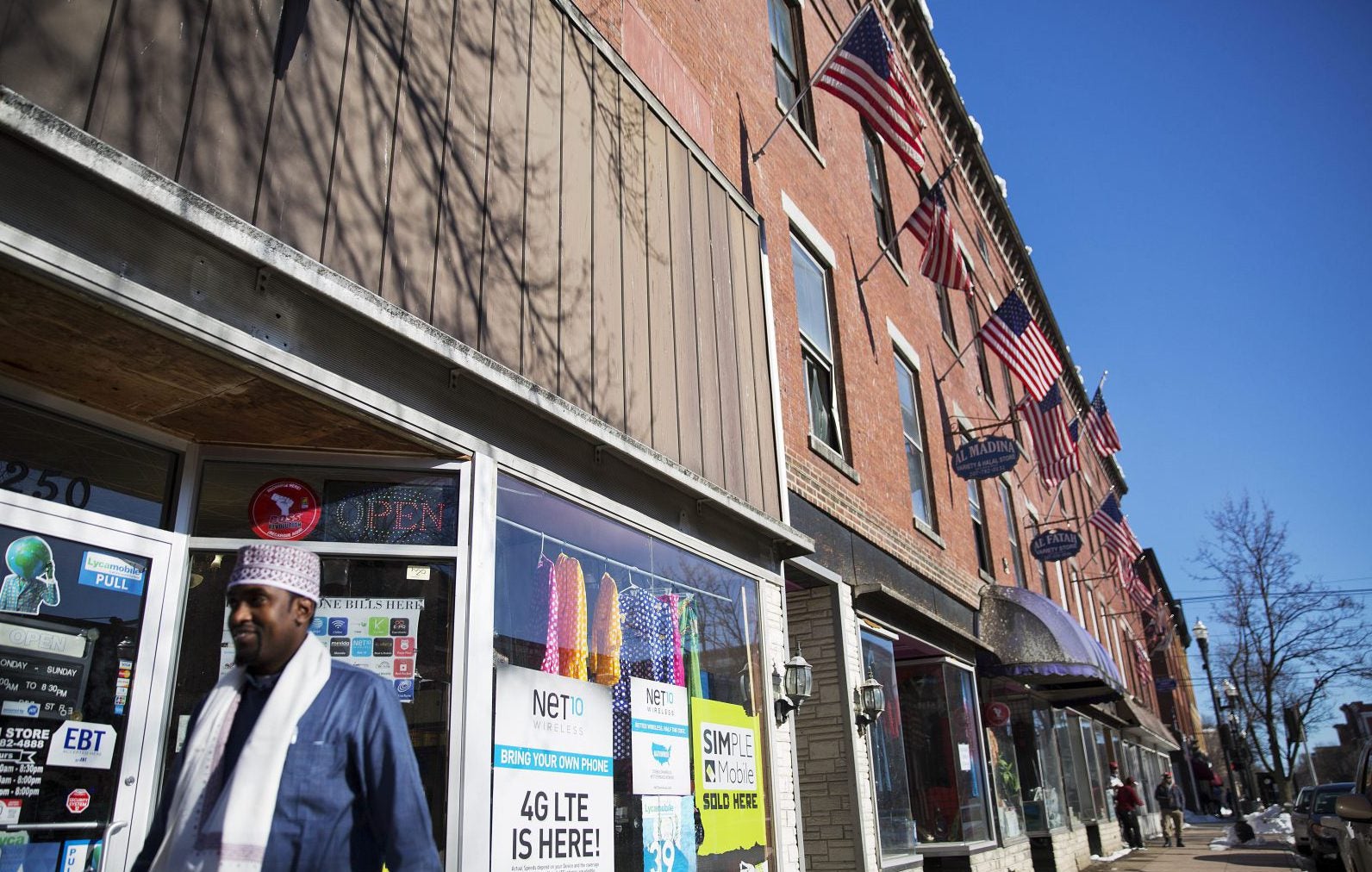The US has issued visa bans on African nations that refuse to accept deportees
The US department of homeland security has issued certain visa bans on three African nations that failed to accept deported nationals.


The US department of homeland security has issued certain visa bans on three African nations that failed to accept deported nationals.
From Sept. 13, embassies in Sierra Leone, Guinea, and Eritrea will no longer process certain visas because they “denied or unreasonably delayed accepting their nationals ordered removed from the US,” according to acting secretary for homeland security, Elaine Duke. While the visa sanctions vary in category and application for each country, secretary of state, Rex Tillerson, could impose the sanction more broadly if countries refuse to comply with removal orders.
Homeland security stated that the four countries listed, which also includes Cambodia, had breached international law by neglecting to produce travel documents to ensure the safe return of deported nationals. Many of these nationals are usually released into the public after six months, in accordance with a US supreme court ruling which restricted the period the US immigration and customs enforcement (ICE) could keep deportees in custody.
So far, the ICE has released over 2,000 Guineans, 831 Sierra Leoneans, and 700 Eritreans from detention. Nations from these countries are reported to have “serious criminal convictions,” with Eritrean deportees guilty of “violent offenses and drug convictions.”
Since the announcement, Sierra Leone has suspended tourist and business visas (or B visas) for foreign ministry and immigration officials, while Guinea has discontinued B visas, as well as student and exchange program visas (F, J, and M visas) for state officials and immediate family members. Eritrea has the most comprehensive ban out of the African countries, with B visas being disallowed for all of its nationals.
In 2016, the ICE’s end-of-year report revealed (pdf) that it had only upped removals by 2% from 2015. The number was still 24% lower than its removals in 2014. Of the African nations with bans from homeland security, about 18 Sierra Leone nationals were removed, with 16 Guineans and 13 Eritreans facing the same fate.
President Donald Trump’s signing of two executive orders on immigration has seen ICE receive more powers to arrest and remove immigrants categorized as high risk. According to a report evaluating the ICE’s progress under Trump’s first 100 days in office, immigration-related arrests jumped by nearly 40% from the last year.